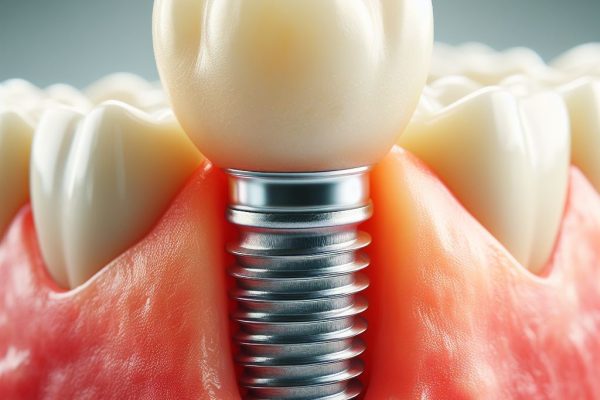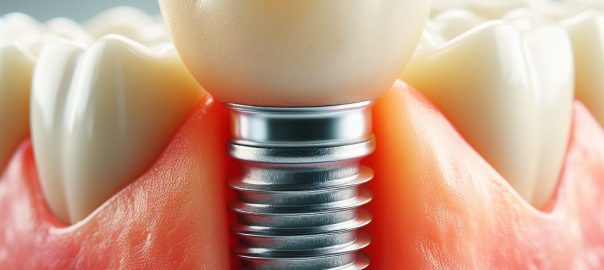Introduction to Dental Implants
Dental implants have revolutionized the field of dentistry, offering a permanent solution for replacing missing teeth. In this comprehensive guide, we will explore everything you need to know about dental implants, including their benefits, candidacy, procedure, aftercare, and more.
What are Dental Implants?
Dental implants are titanium posts that are surgically implanted into the jawbone to serve as artificial tooth roots. Once integrated with the bone, dental implants provide a stable foundation for dental restorations such as crowns, bridges, or dentures.
Types of Dental Implants
There are several types of dental implants, including endosteal implants, which are placed directly into the jawbone, and subperiosteal implants, which are placed on top of the jawbone but underneath the gum tissue. The type of implant used will depend on factors such as bone density and the patient’s specific dental needs.
Benefits of Dental Implants
Dental implants offer numerous benefits, including improved aesthetics, enhanced chewing ability, and preservation of bone density. Unlike traditional dentures or bridges, dental implants are permanent and feel and function like natural teeth.
Candidacy for Dental Implants
Ideal candidates for dental implants are individuals with good oral health who have sufficient bone density to support the implant. Factors such as gum disease, smoking, and certain medical conditions may affect candidacy for dental implants.
The Dental Implant Procedure
The dental implant procedure typically involves several steps, including initial consultation and assessment, implant placement surgery, and placement of the final restoration. The process may take several months to complete, allowing time for the implant to integrate with the surrounding bone.
Aftercare and Maintenance
Proper aftercare and maintenance are essential for the success of dental implants. This includes practicing good oral hygiene, avoiding chewing on hard foods or objects, and attending regular dental check-ups and cleanings.
Risks and Complications
While dental implants are generally safe, there are potential risks and complications associated with the procedure, such as infection, implant failure, and nerve damage. It’s essential to discuss these risks with your dentist and follow their recommendations for minimizing complications.
Cost of Dental Implants
The cost of dental implants can vary depending on factors such as the number of implants needed, the type of restoration used, and any additional procedures required. While dental implants may initially seem more expensive than other tooth replacement options, they offer long-term value and durability.
Alternatives to Dental Implants
For individuals who may not be suitable candidates for dental implants, there are alternative tooth replacement options available, such as dentures or dental bridges. Your dentist can help determine the best treatment plan for your specific needs.
Conclusion: The Importance of Dental Implants
Dental implants are a reliable and long-lasting solution for replacing missing teeth, offering numerous benefits for oral health and overall well-being. By understanding the process, benefits, and considerations associated with dental implants, individuals can make informed decisions about their dental care.


